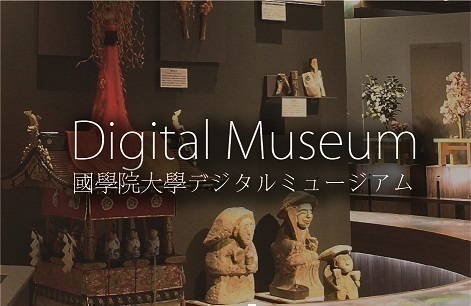- トップ
- Encyclopedia of Shinto
- Tango
Encyclopedia of Shinto
| Main Menu: | |
| Links: |
詳細表示 (Complete Article)
| カテゴリー1: | 5. Rites and Festivals |
|---|---|
| カテゴリー2: | Rituals in Daily Life |
| Title | Tango |
| Text | "Boys' Festival." Held on the fifth day of the fifth month (May 5) as a celebration for male children, tango was one of the "five seasonal feasts" (gosekku) recognized and established by the Tokugawa bakufu. Generally, it is also called the Festival of the Irises. Tan- means "beginning" while -go refers to the "horse day" in the old lunar calendar, and hence the name refers to the first horse day of the new calendar year (which began in spring). In China, they engaged in such practices on this day as going on outings to pick medicinal herbs and hanging mugwort dolls at the entrances of houses in order to exorcise malice. In Japan, the fifth day of the fifth month was designated in the 8th-century Yōrō Code as a seasonal celebration day (sechinichi); customs similar to those in China appeared from quite early on and the event became one of Japan's regular annual observances. The Shoku-Nihonkōki, chronicling the years from 833 to 850, notes that the festival was a day for horse racing and equestrian archery. The custom of putting on iris garlands on this day took place in a ritual form at the imperial palace since it was believed that irises in particular would ward off evil. This ritual at disappeared from the court during the Kamakura period, but conversely it flourished among the common people. Beginning in the Edo period, tango came to be seen as a day complement the hinamatsuri (Doll Festival, see jōshi) on the third day of the third month. As such, tango came to be seen as a day for boys, and observances associated with valor developed. These included dressing dolls in the form of boys (gogatsu-ningyō) like warriors, flying carp-shaped streamers, horse racing (kurabe-uma), equestrian archery (yabusame), and kite flying. Other ancient ways of celebrating this seasonal holiday that are still practiced today include eating kashiwa-mochi (rice cake wrapped in oak leaves) and taking a bath in water steeped with iris stems (shōbu-yu). — Yumiyama Tatsuya |




